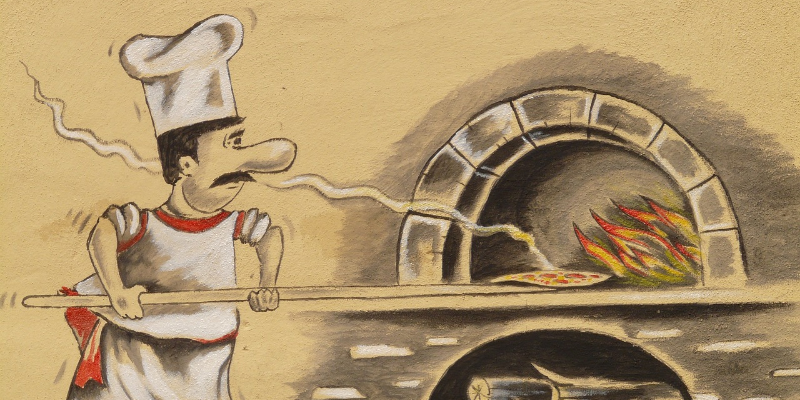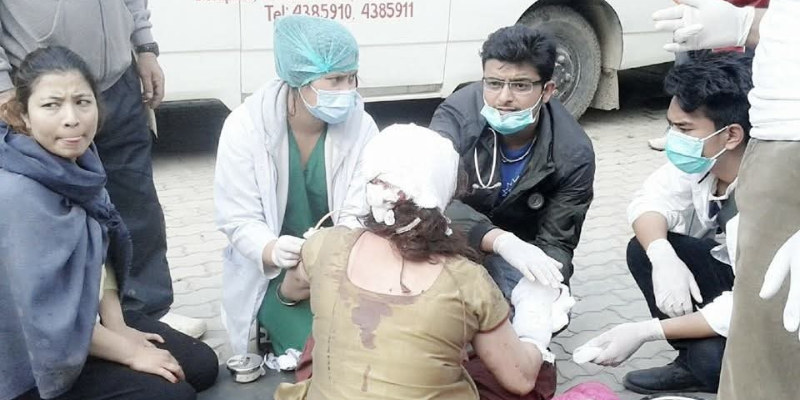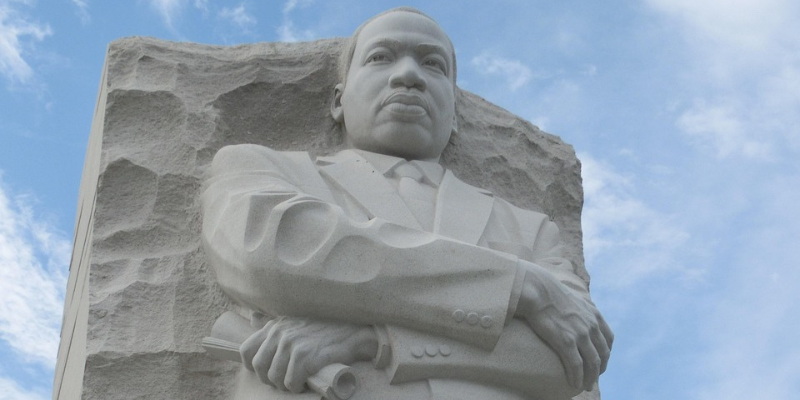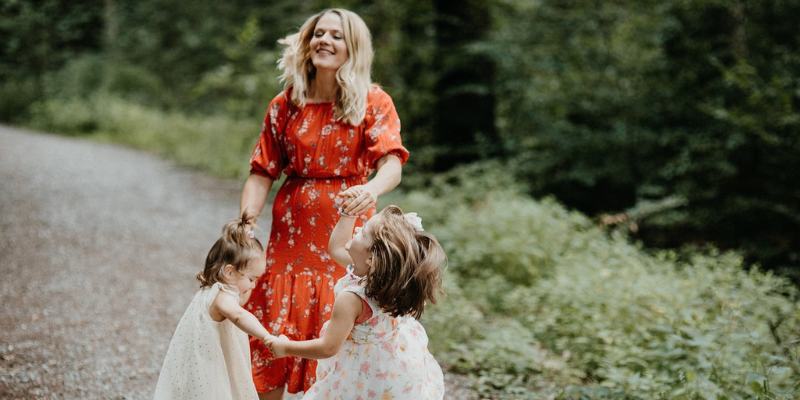As a hospitalist, I am familiar with end-of-life scenes taking place in the hospital. I feel at peace when a man cuddles his wife of sixty-seven years every day for his last few days, when a father and son reconcile before the father’s passing, or when that last family member arrived just in time from out of town. I have pangs of uneasiness when a family matter is left unresolved or when grandfather misses the birth of a grandchild. I spend a good amount of time reflecting on a person’s dying process, how did it go?
While this is not an easy process at any age, it does feel harder facing younger patients at the end of life. I was recently caring for Johnny, a thirty-three-year-old guy with an aggressive lung cancer. He had been in and out of the hospital in the past year, and we had met once during a prior hospitalization for respiratory distress. He received palliative therapies until he could no longer tolerate them. This hospitalization was different. Johnny was admitted to the ICU and intubated for a time.
Supported by his mother and sisters, he was able to communicate his wishes and transitioned to end of life care. Thankfully, he was extubated to high-flow nasal cannula, still able to communicate and spend quality time with visitors between long periods of rest. His friends and family held vigil at all hours, and his mother did not leave his side. At various times when I checked in there would be tears, sobbing, hugs, and other times it was rowdy with laughter.
A day or so after the transition to comfort care was his thirty-fourth birthday. The same day when I had the difficult task of preparing his mom for the possibility that he could die today. It was tough news to deliver and took some time to process. But then... the party planning committee gathered and moved up the time for the pizza party which had been planned for later that evening, friends were called and pizza was reordered. The pizza was Johnny’s request. He hadn’t eaten in several days, not uncommon for those nearing death. But now he was hungry, and it had to be pizza. Antiemetics at the ready, I wished them a good pizza party.
When I next checked in, his sister was in the hall and looked a bit worried. She explained that after one slice Johnny felt so nauseated and uncomfortable. I got really worried. He was already short of breath. What if he aspirated? Should I have discouraged the pizza? We used all of the nausea tricks and anxiously monitored. I think his friends sharing distractions by way of stories was probably the best remedy.
Well, Johnny demonstrated an iron stomach. He ended up eating almost a whole pie. With sweet friends and family by his side, he died around 11pm on his birthday with a belly full of pizza. My reflection on this one, how did it go? It feels weird to say that someone’s death went well. Even when it goes well, it is still so bittersweet. I wonder how his mom and his sisters will feel on his birthday next year. Mostly, I feel lucky to have witnessed the amount of love shared that day. For me, a birthday deathday pizza party sounds pretty good.
(name changed for privacy)
Want to know more about our Palliative Care Education programs? Click below:



